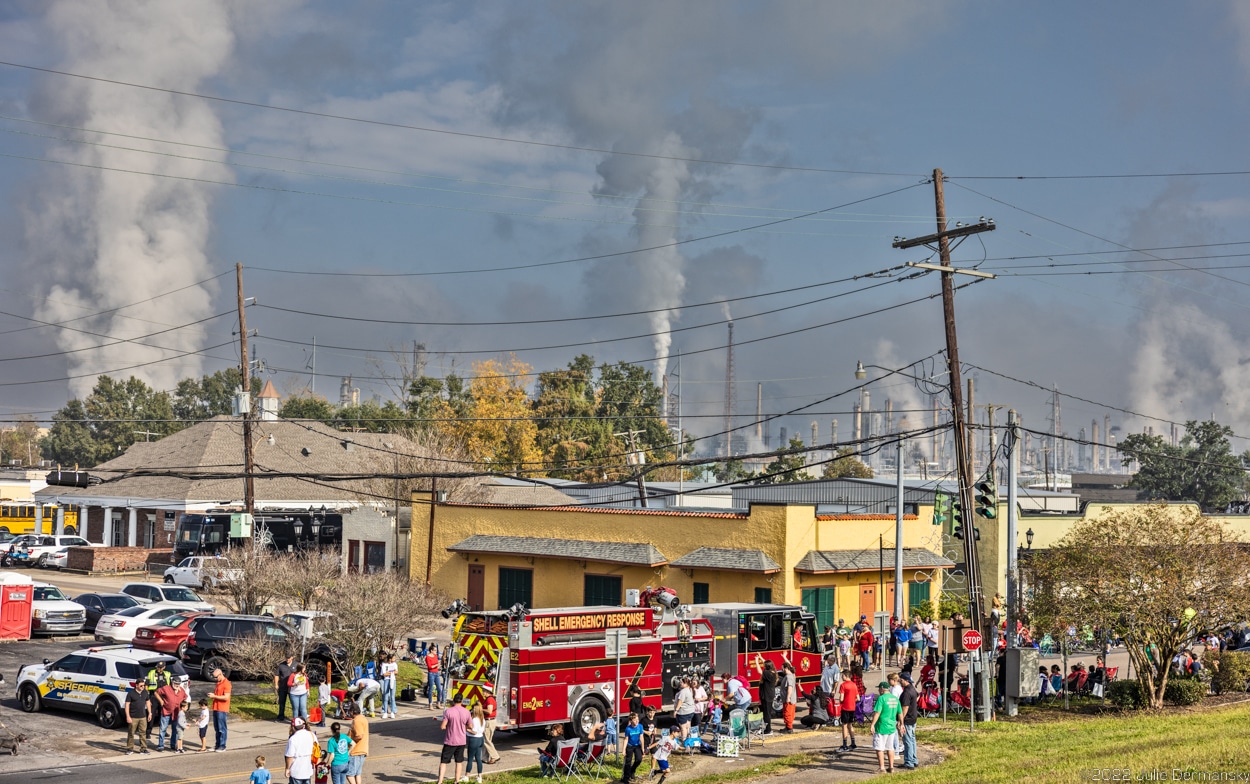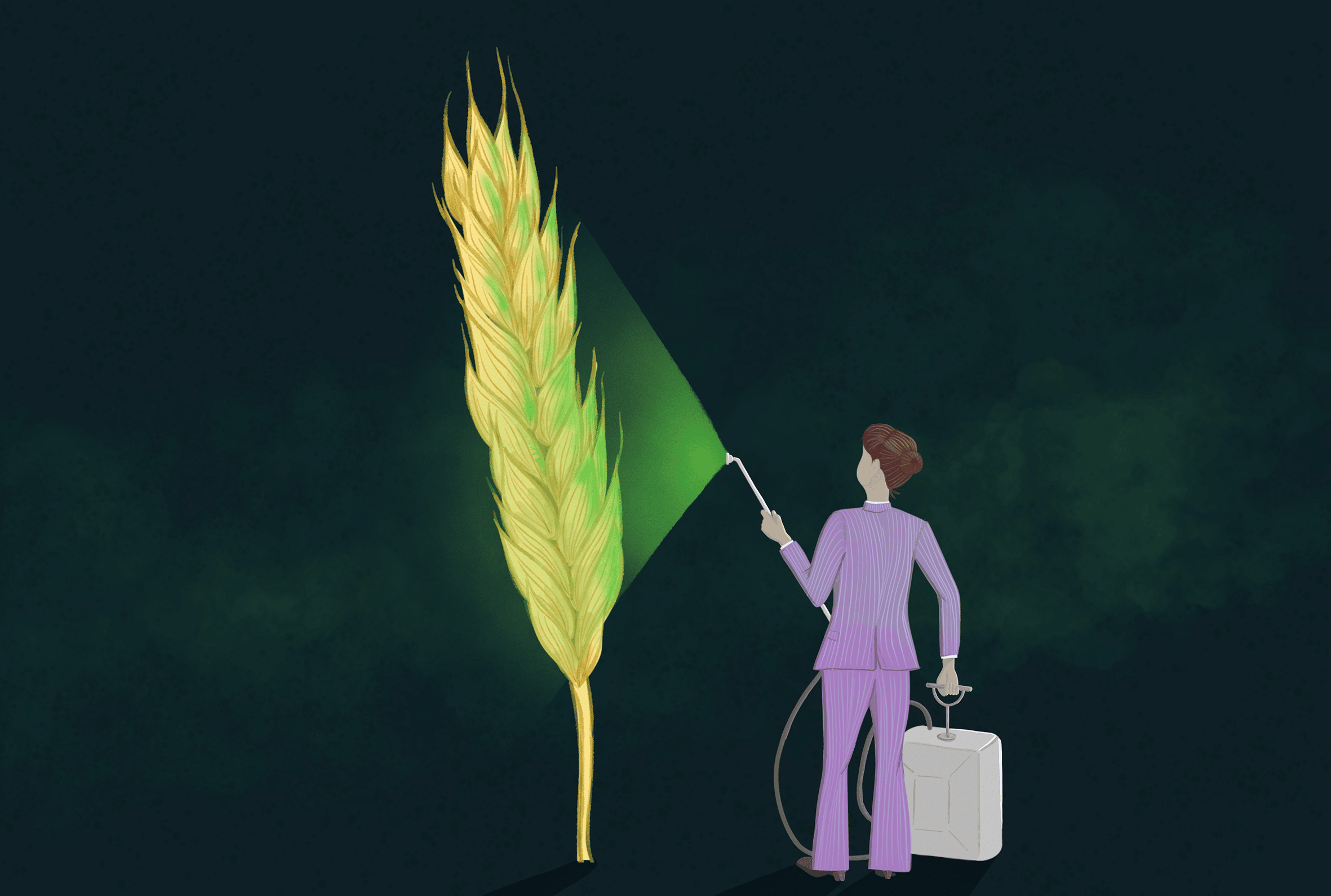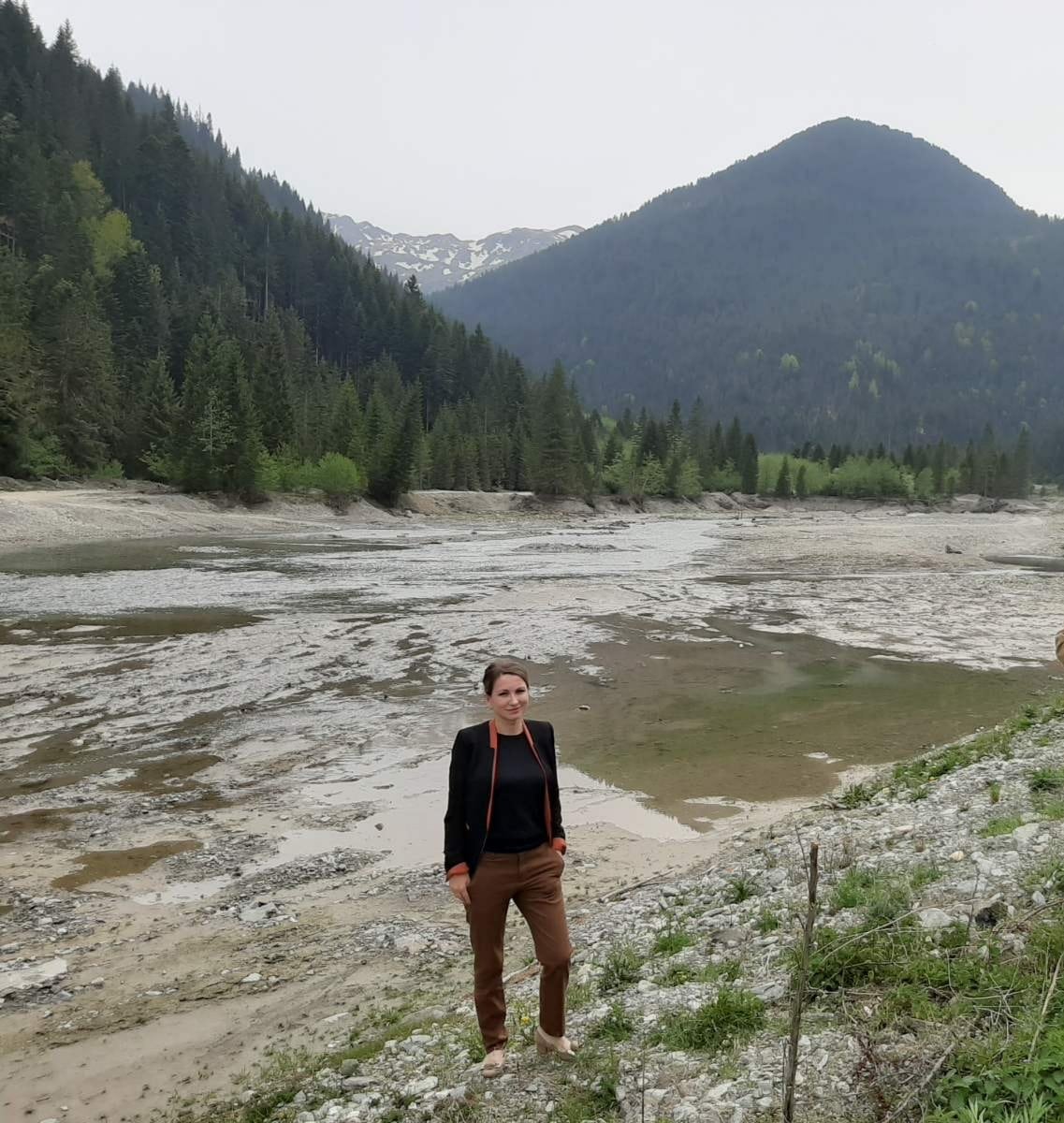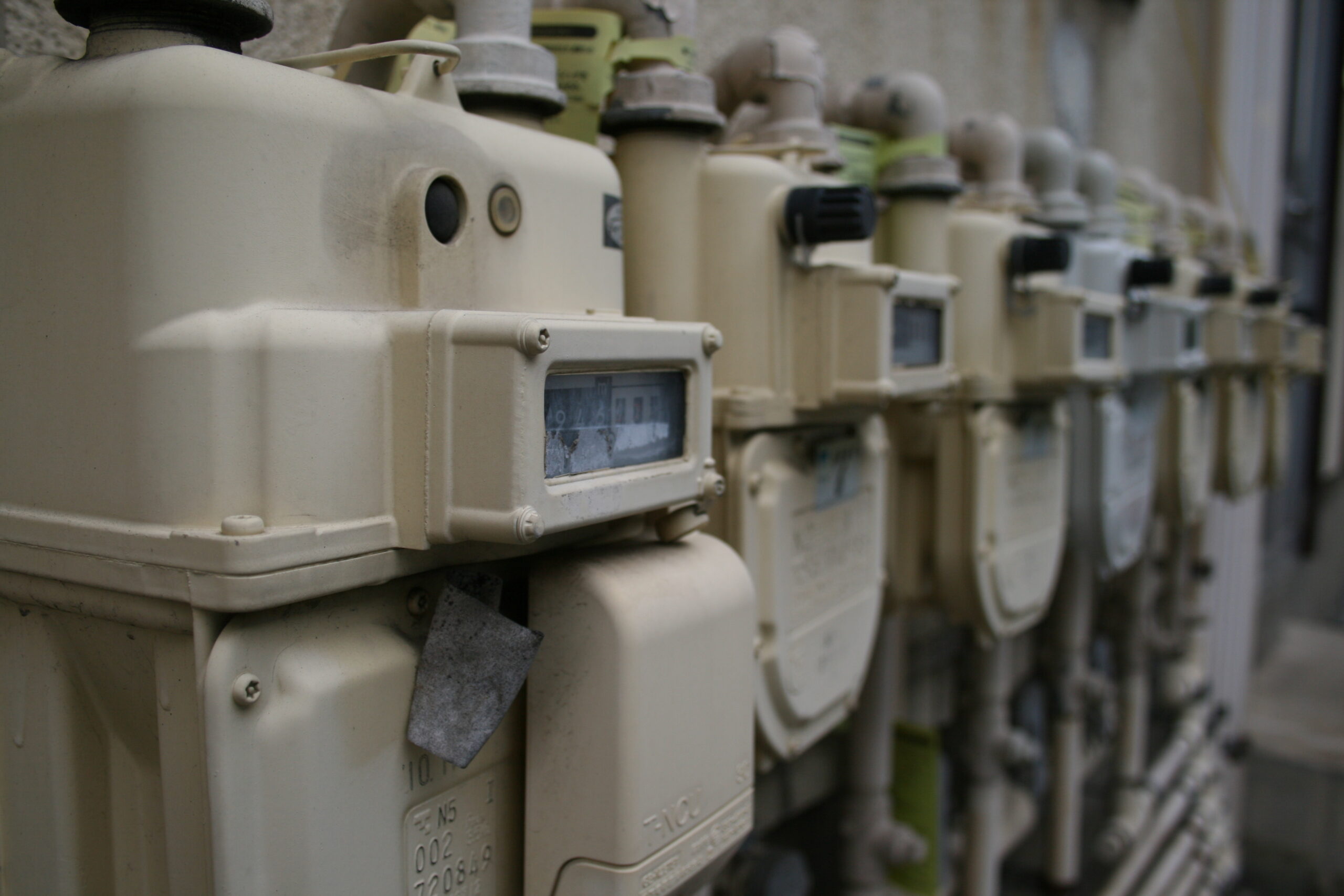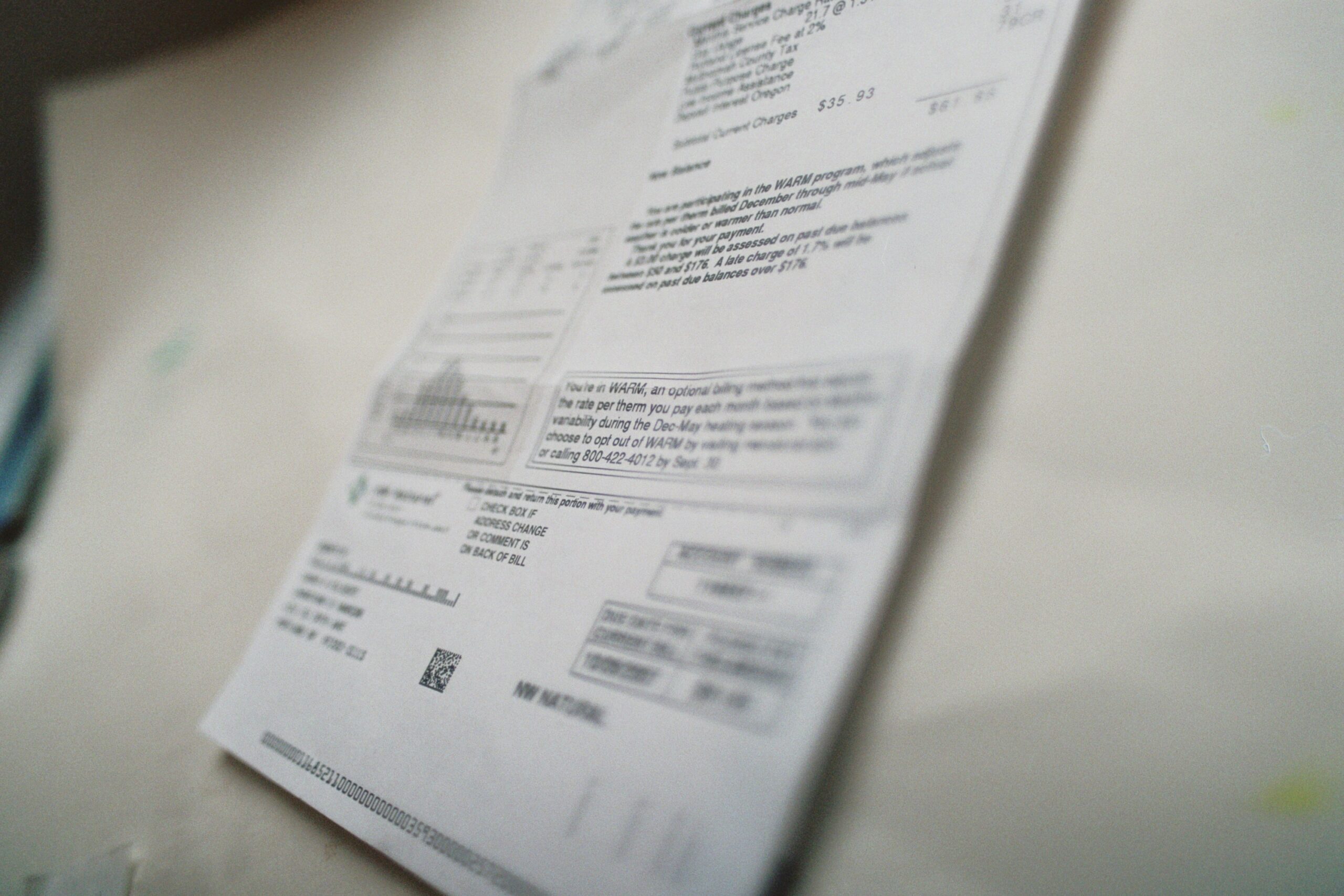
Message From the Editor
2022 was a banner year for DeSmog. We grew our ranks, expanded our global coverage, and added new beats and regular features.
I’m so proud of all that our small-but-mighty team accomplished, and I’m excited for what the new year holds. We’ll be working harder than ever to shed light on the forces of climate denial and delay, and to share the voices of those on the frontlines of climate change.
We’re going to be taking a break next week so that we can rest up and charge into the new year refreshed. But we won’t be leaving you without reading material over the holidays!
Between now and early January, we’ve got a stellar lineup of original reporting and analysis queued up for you. We kicked it off this week with a personal photo essay from multimedia journalist Julie Dermansky, who reflects on the past year’s ever-present examples of gaslighting and the climate crisis.
After Christmas, we’ll have another Julie original — a photo essay recapping the big stories of 2022 that she followed — as well as a review of the year’s climate liability lawsuits from Dana Drugmand. Finally, we’ll kick off the new year with a roundup that will give you a sneak peek at the issues that our editors and contributors will be watching in 2023.
In the meantime, all of us at DeSmog wish you peaceful and happy holidays!
Have a story tip or feedback? Get in touch: [email protected]. Want to know what our UK team is up to? Sign up for our UK newsletter.
Thanks,
Brendan DeMelle
Executive Director
P.S. Our powerful public interest journalism is made possible by our generous donors. Can you donate $10 or $20 right now to support our team?
Image credit: Julie Dermansky
A Window into Louisiana’s Continued Embrace of the Fossil Fuel Industry
— By Julie Dermansky (8 min. read) —
I live in South Louisiana on the front lines of the climate crisis and cover the fossil fuel industry and impacts related to the warming planet, so facing gaslighting is a regular occurrence for me.
So it resonated with me that Merriam-Webster dictionary chose “gaslighting” as the word of the year. This year saw a 1,740 percent increase in lookups for gaslighting, according to a post by the dictionary company, which defines gaslighting as “the act or practice of grossly misleading someone especially for one’s own advantage.”
Sowing Doubt: How Big Ag is Delaying Sustainable Farming in Europe
— By Clare Carlile (13 min. read) —
In the spring of 2020, the European Union announced an ambitious plan to overhaul farming practices in fields and valleys across the continent. Named Farm to Fork, it calls for less fertiliser and pesticide use, and more organic production.
Veteran sustainable food and farming experts welcomed the strategy as one that just might have a genuine shot at transforming the agriculture sector and result in better public health, contribute to ending the vertiginous decline of biodiversity, and lower greenhouse gas pollution.
Environmental Activists Fight Back as Companies Resort to ‘Lawfare’ to Quash Criticism
— By Isabella Kaminski (8 min. read) —
In 1999, when Shpresa Loshaj was 19, she fled her home town of Deçan, Kosovo, as a refugee and moved to Canada. When she returned in 2018, long after the war had ended, a journalist encouraged her to go into the hills and take a look at some new hydropower plants on the river Lumbardhi i Deçanit. The journalist was investigating claims by local people that the plants run by KelKos, a subsidiary of Austrian energy firm Kelag, were operating without permits and potentially damaging the local ecosystem and water infrastructure.
Defective Meters and Whistleblower Complaints Raise Questions About Gas Utility’s Profits
— By Chris May (17 min. read) —
A little over a decade ago, Gary Dye, then a gas measurement engineer at NW Natural, Oregon’s largest gas utility, lost faith in his employer to responsibly deal with what he believed to be systematic inaccuracies among the company’s hundreds of thousands of gas meters.
On a quest to tame these inaccuracies, in late 2011, he proposed a simple technical fix that he claims will “result in more accurate billing, extended meter lives, reduced landfill waste, and a more efficient utilization of [utility] personnel.”
Phantom Gas and Missing Documents Reveal Gaps in Utility Oversight
— By Chris May (11 min. read) —
When Gary Dye, a former engineer with Oregon’s largest gas utility, began blowing the whistle on alleged unethical behavior by his employer, he never dreamed his nearly two-dozen complaints would amount to nothing.
He filed 21 internal complaints in 2012, then bumped them up to the Oregon Public Utility Commission (OPUC), the group that regulates utilities in the state, later that year. There, he met with OPUC staff in person and exchanged emails with Lori Koho, then OPUC’s senior official overseeing natural gas utilities. He hoped that his list of complaints would show “how the unethical culture [at NW Natural] goes all the way to the top,” as one of his emails to Koho explains.
From the Climate Disinformation Database: Ian Clark
Ian Clark is a professor in the Department of Earth Sciences at the University of Ottawa. He was a Science Advisor to the Natural Resources Stewardship Project (NRSP), and is a “scientist on call” to the Competitive Enterprise Institute (CEI) a group that has also referred to him as an “Arctic specialist.” In a 2004 letter to the editor, Clark wrote “I am compelled to disagree that there is a consensus of scientists who agree that this [climate change] is the consequence of human activities. While the melting of
permafrost, retreat of glaciers and waning of the permanent ice pack may be alarming, it is only alarming to those unfamiliar with past changes in climate in the North. Paleoclimatologists recognize such events as part of natural changes wholly unrelated to CO2 concentrations in the atmosphere.”
Read the full profile and browse other individuals and organizations in our Climate Disinformation Database and Koch Network Database.

